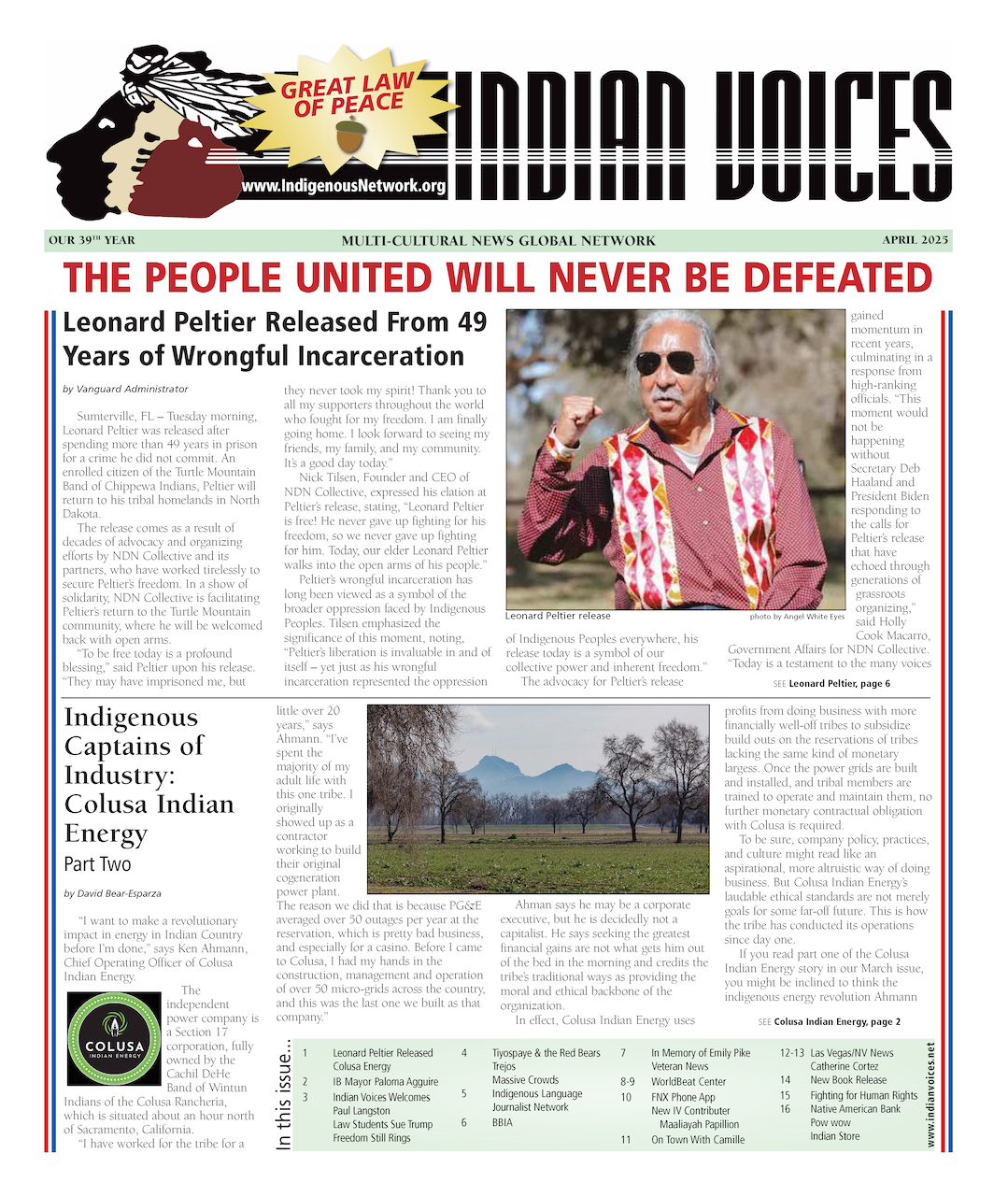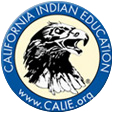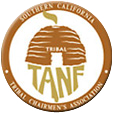“By blood”, highlights the struggles of the Cherokee and Seminole Freedmen
The documentary film “By blood”, highlights the struggles of the Cherokee and Seminole Freedmen tribal members to gain equality in their own tribal nations.
Many people are unaware that persons of African are historic members of Indian tribes formerly known as the Five Civilized Tribes”. These tribes were called civilized because they legally enslaved persons of African descent although not all persons of African descent in these nations prior to the civil war were slaves. After the Civil War, the Cherokee and Seminole nations signed treaties with the US government, granting citizenship to those persons of African decent legally living in the tribe at the beginning of the civil war. After the Civil War, the black tribal citizens (many of them mixed African Indians) held important positions in the tribal government until the tribal lands were divided between the tribal citizens about 1900 and the tribal governments were basically abolished in 1907 when Oklahoma became a state. Although tribal government of the Seminole and Cherokee nations were reestablished during the 1970s, and freedmen tribal members participated in the tribal governments, movements to exclude and or marginalize freedmen tribal members began in earnest as money began to flow into tribal government coffers. Tribal officials called freedmen “non Indians” because almost all persons of African ancestry had been listed on “freedmen “sections of the Dawes rolls without “degrees of Indian blood” by the US government Dawes Commission when the tribal lands were allotted/divided during the early 1900s. In contrast, tribal members of mixed white and Indian ancestry were listed with degrees of Indian blood – blood quantum was a foreign concept which was unheard of by the tribes prior to the late 1800s. Both Cherokee and Seminole freedmen fought in the courts against revisions to tribal constitutions whose purpose was to remove the freedmen tribal members and provide permanent moratoriums to their enrollment. Although the Seminole Freedmen were successful in the federal courts in beating back their removal from the tribe, the tribal government blocks the freedmen from services available to members of federally recognized tribes. As of February 9th 2015, a Federal judge is reviewing the question of whether the Cherokee freedmen can legally be removed as citizens by the Cherokee nation. In both instances, the US government Departments of Interior and Justice has taken the position that the proposed amendments were not legal under US law.
The Freedmen people if both tribes have fought in the courts, picketed and demonstrated, and contacted legislators and senators for assistance. The freedmen people hold their citizenship dear because that is who we are – persons whose ancestry with the tribe predates the Indian removal, and in most instances persons who can trace their ancestry to specific Indian ancestors.
The Film “by blood” shows both the voices of persons who oppose and support the freedmen. Included are some of the key persons included in the film such as Attorney Jon Velie who has litigated in Federal court on behalf of Seminole and Cherokee freedmen, David Cornsilk a Cherokee citizen “by blood”, a tribal activist allied with Cherokee freedmen; Marilyn Vann, Cherokee citizen (“freedmen status) who is President of the Descendants of Freedmen of the Civilized Tribes Association;, Sylvia Davis – a Seminole citizen who was a former member of the tribal Council representing the Dosar Barcus Freedmen Band, as well as Attorney General Todd Hembree who represents the Cherokee nation in the Federal Courts.
Some may ask, why is this fight important? It is important because it is alarming that in the 21st century, persons of African ancestry are being denied legal rights including economic rights based on their race and color. It is true that the Seminole Nations and the Cherokee nations have suffered during Indian removals, etc, but this was not due to actions of the blacks associated with those nations. The world thought it was wrong when South Africa removed their black citizens from their citizenship lists during the 1970s and boycotts and pickets ensued around the world. The world understood the wrongness that was being done to the black south Africans by preventing them from participating in voting and receiving economic rights received by whites in that nation. 21st century US citizens should be just as outraged that tribal governments, who even went to war to keep blacks permanently enslaved wish to remove their black citizens now that these same tribal governments are swimming in casino dollars which they freely give to Washington politicians. Few people would think it Okay if Mexico or Canada – both nations which legally allowed slavery were to deprive their black (or Jewish or other minority) citizens from voting and or drive them from those nations. So why should a tribal government not be held to the same standard? Especially since they signed 1866 treaty agreements with the United States government and made legal promises to the freedmen people – the very people who fought side by side to protect the Indian nations from invasion, did the hard farm work, worked as midwives, etc.
Marilyn Vann
President – Descendants of Freedmen of the Five Civilized Tribes
www.freedmen.org






